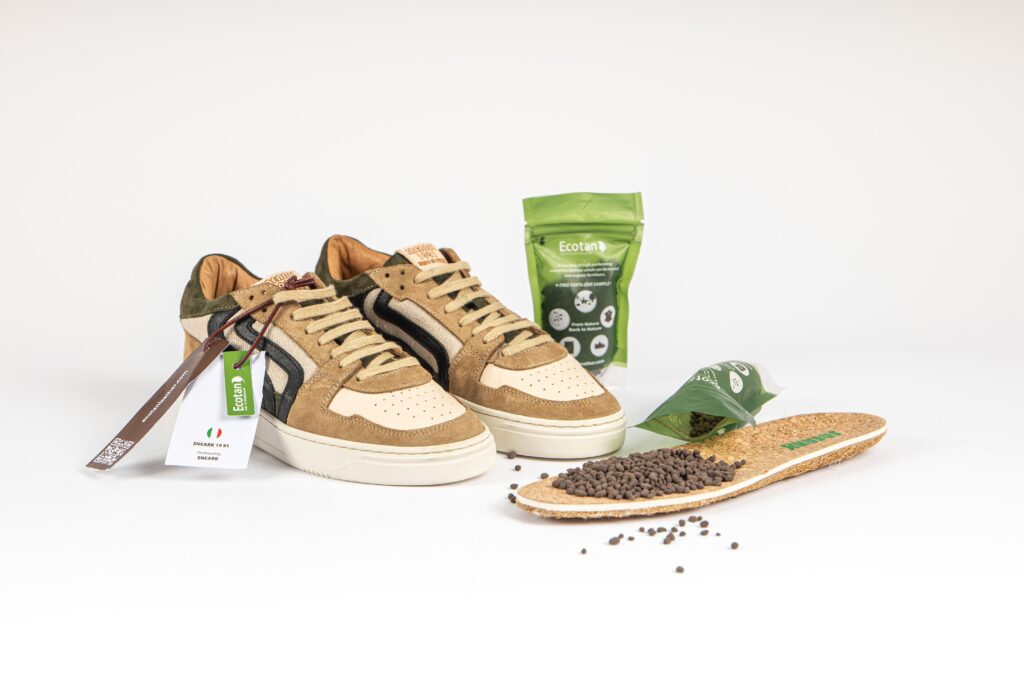
Sneark materials are all of natural origin, processed with non-toxic, vegetal materials, which allow the shoe to be completely transformed into fertilizer at the end of its life cycle.

In the footwear industry, sustainability is becoming increasingly crucial, influencing the entire production chain. This concept encompasses economic, social and production dynamics, promoting an approach of “conscious consumption” and transparency in the relationships between companies, suppliers and end consumers.
The challenge for the footwear industry is to translate these trends into new sustainable business models. Despite the complexity of the supply chain, there are key elements that outline the scope of action, focusing on production processes and the environment


The challenge for the footwear industry is to translate these trends into new sustainable business models. Despite the complexity of the supply chain, there are key elements that outline the scope of action, focusing on production processes and the environment

Consumers are increasingly sensitive to sustainability, questioning the origin and environmental impact of the products they buy. Awareness of the risk of labor exploitation and environmental degradation is becoming a determining factor in purchasing choices
To address this challenge, it is necessary to develop new business models and shared projects that cover every aspect of the supply chain, from the selection of raw materials to the post-consumer management of products. Only in this way can we promote truly sustainable fashion.


To address this challenge, it is necessary to develop new business models and shared projects that cover every aspect of the supply chain, from the selection of raw materials to the post-consumer management of products. Only in this way can we promote truly sustainable fashion.
Sign up to our newsletter to stay up to date on fashion, sustainability and to never miss any news from Sneark.
